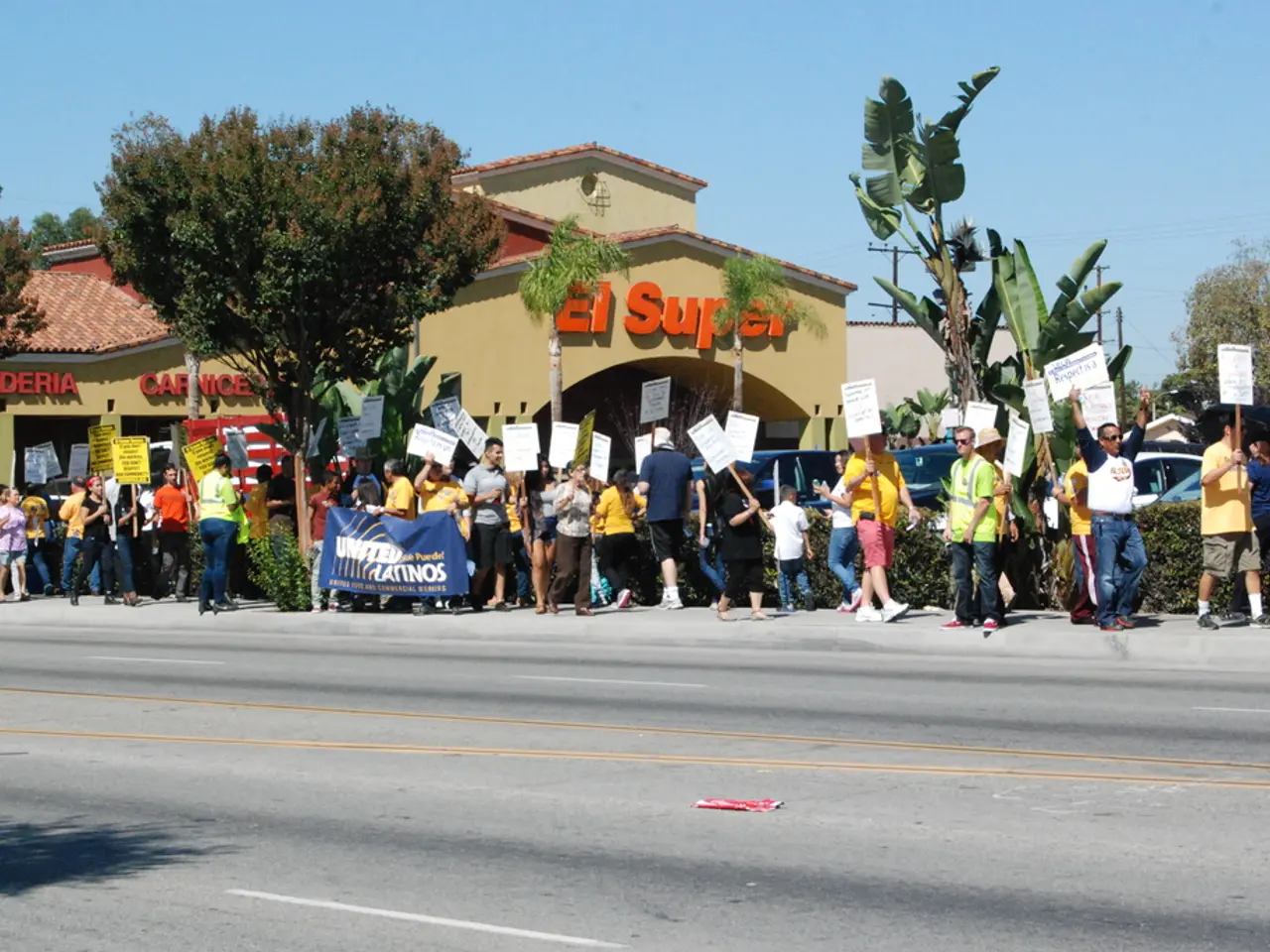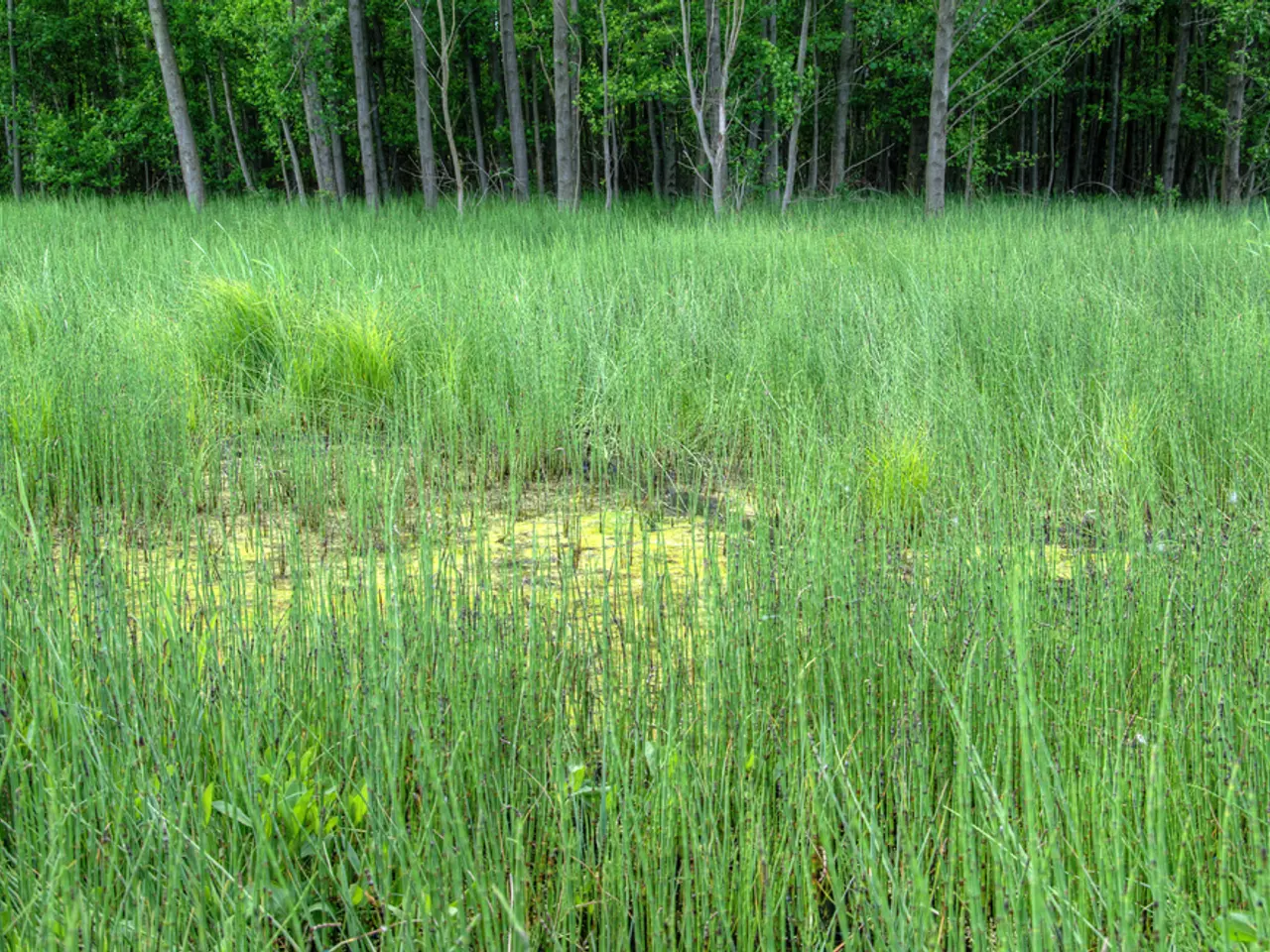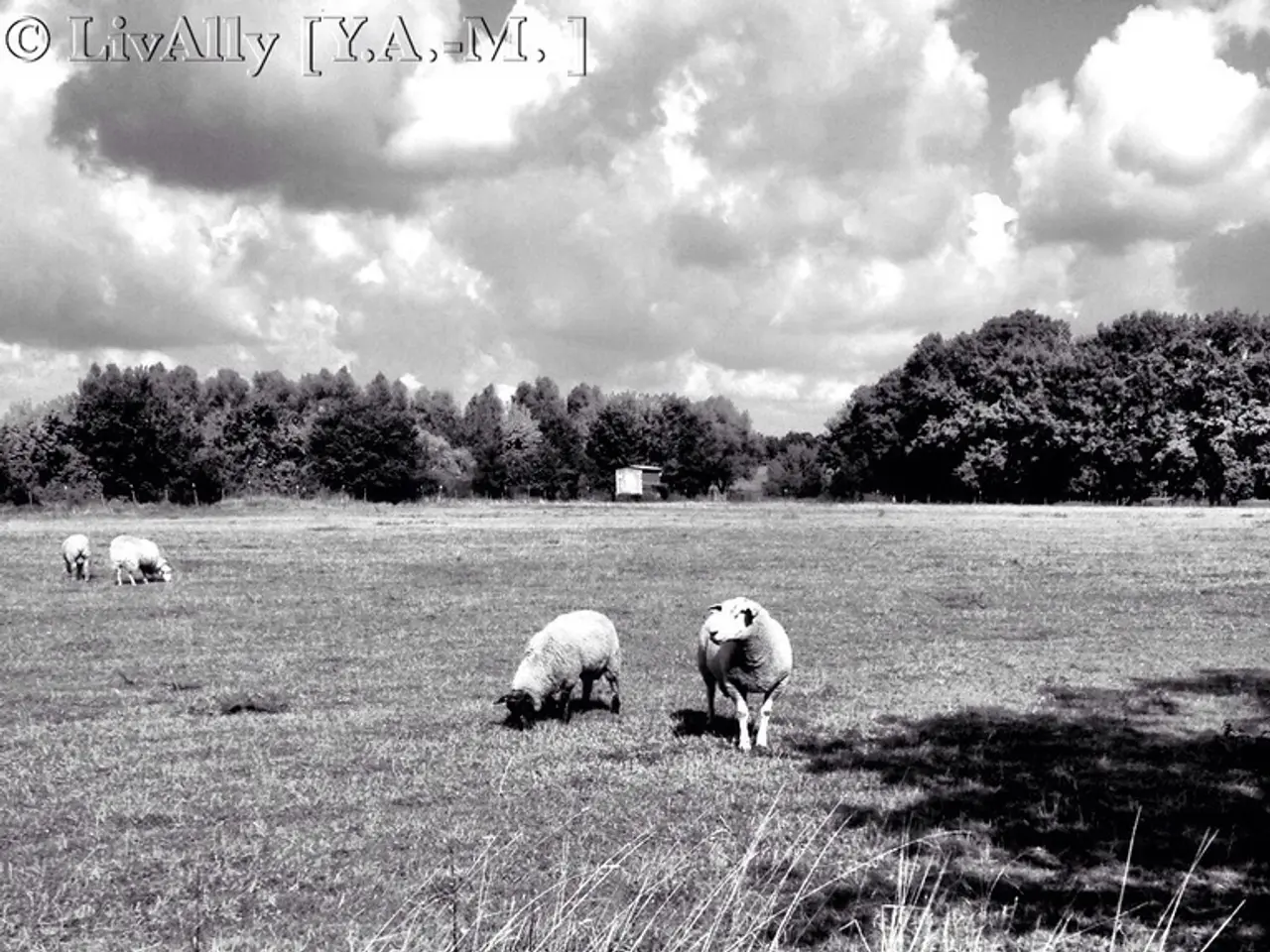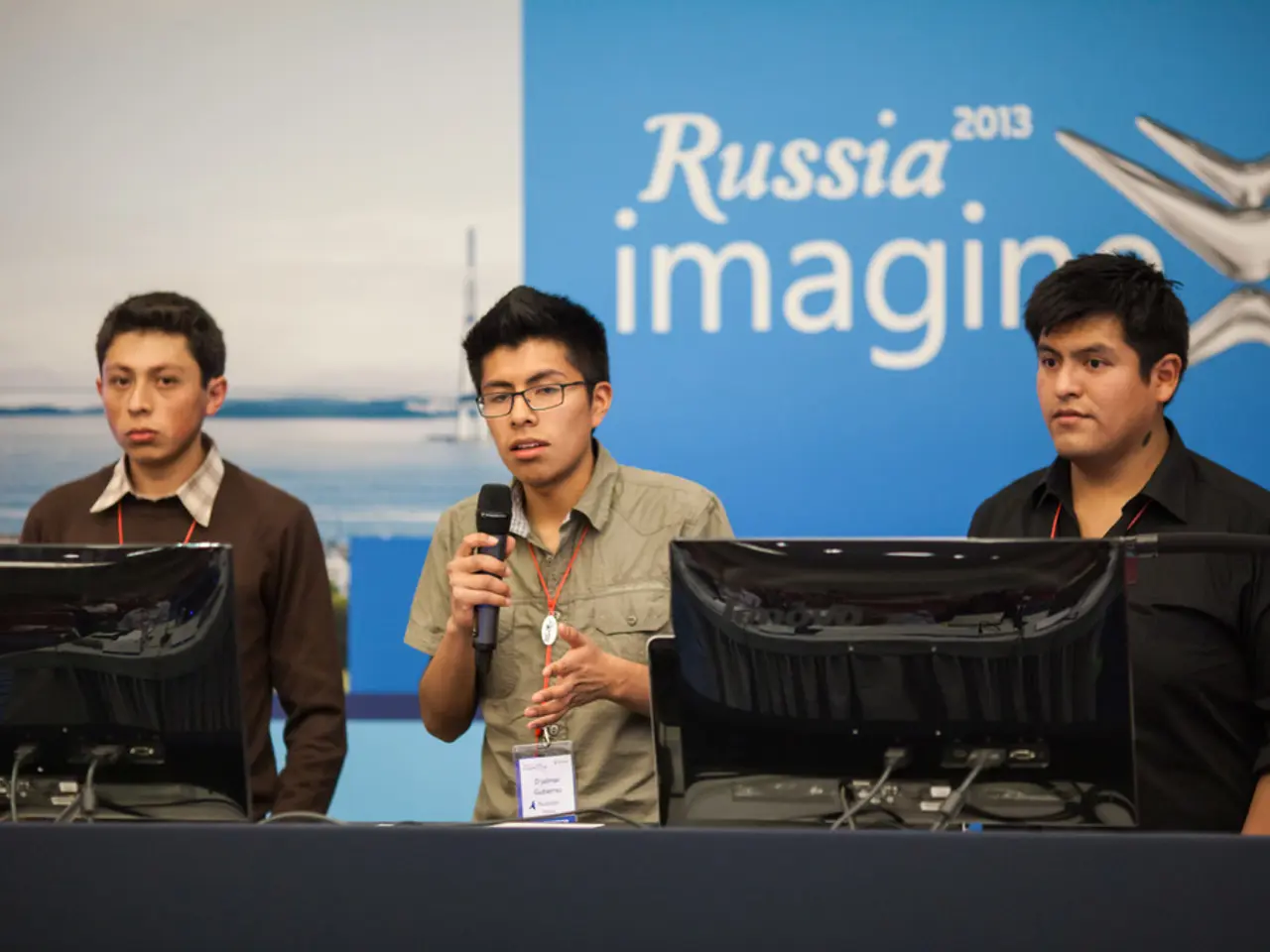Colorado authorities intend to file an appeal following the court's decision to dismiss the "sanctuary state" lawsuit in Douglas County.
Douglas County Challenges Colorado's "Sanctuary" Laws
Douglas County, Colorado, has announced its intention to appeal a Denver district court's dismissal of a lawsuit challenging Colorado's "sanctuary"-style statutes. The county, along with four other Colorado counties, is taking legal action against provisions of a 2019 statute that restricts local cooperation with federal immigration authorities.
County Attorney Jeff Garcia stated that the decision to appeal was expected and that the county's best chance lies with the federal court. The lawsuit argues that Colorado's restrictions on local cooperation with federal immigration authorities impede enforcement efforts, but opponents, including the Colorado Attorney General’s Office, contend the state law is clear that local law enforcement should not engage in federal civil immigration enforcement.
The lawsuit also targets a 2023 law that broadly prohibits state and local government officials from making independent agreements with federal immigration authorities over the detention of undocumented immigrants. Commissioner Kevin Van Winkle expressed discomfort with the requirement to conceal the identities of undocumented immigrants who have committed crimes, while Commissioner Abe Laydon stated that Douglas County supports legal immigration and is against illegal immigration, which he believes harms all and hurts legal immigrants the most.
Judge David Goldberg has determined that Douglas County failed to establish that it has standing to sue the state. However, Mesa County officials, neighbours to Douglas County, have also filed lawsuits, raising questions about whether local sheriffs and counties can legally compel or cooperate with federal immigration enforcement under the restrictive state laws.
The U.S. Department of Justice, under prior federal administration policies, has pressured Colorado and other states labeled as "sanctuary" jurisdictions to comply fully with federal immigration enforcement, threatening legal action and withdrawal of federal funding if they do not end policies impeding federal agents. Colorado's government denies being a sanctuary state and rejects the label, emphasizing its cooperation on criminal investigations and public safety rather than broad cooperation with federal immigration enforcement.
The key legal challenges and standing issues involve whether Douglas County and other local entities have legal standing to sue the state over its immigration cooperation restrictions, the clarity or vagueness of Colorado’s state immigration law defining local law enforcement’s role concerning federal immigration, and federal pressure and possible legal action against Colorado for policies seen as sanctuary laws, contrasted with the state’s defense of its approach as lawful and focused on public safety rather than sanctuary status.
These issues remain active as of mid-2025, with responses to federal government demands due by August 19, 2025. Garcia also mentioned that the county plans to take the case to the federal court, and according to him, this is a case happening across the United States. Douglas County intends to appeal the Denver district court's dismissal of its lawsuit.
- The lawsuit filed by Douglas County against Colorado's "sanctuary"-style statutes, which restrict local cooperation with federal immigration authorities, is a contentious issue in the realm of policy-and-legislation and politics, as it raises questions about the interpretation and enforcement of immigration law in war-and-conflicts, particularly in relation to undocumented immigrants who have committed crimes.
- The ongoing dispute between Douglas County and Colorado over the county's intention to appeal the dismissal of its lawsuit challenging Colorado's "sanctuary" laws has grabbed the attention of general-news outlets, as it highlights the complex relationship between state and federal governments regarding immigration policy, a crucial aspect of contemporary American politics.








